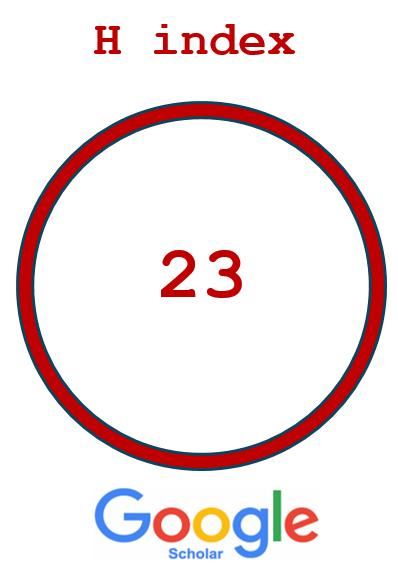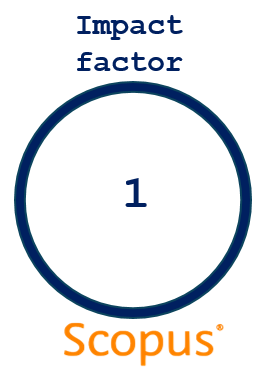ACTA Pharmaceutica Sciencia
2024 , Vol 62 , Num 4
In vitro investigation of the toxicological mechanisms of gemcitabine in colorectal cancer cells
1 Istanbul University, Faculty of Pharmacy, Department of Pharmaceutical Toxicology, Istanbul, Türkiye2 Istanbul University, Institute of Graduate Studies in Health Sciences, Istanbul, Türkiye
3 Istanbul University Cerrahpasa, Faculty of Pharmacy, Department of Pharmaceutical Toxicology, Istanbul, Türkiye
DOI : 10.23893/1307-2080.APS6256 Viewed : 2560 - Downloaded : 864 Colon cancer is the third most common cancer type in the world. Gemcitabine (2"deoxy-2"2"-difluorocytidine monohydrochloride) was found to be very effective against small cell lung cancer, pancreatic cancer, bladder cancer and breast cancer and was approved for the treatment for these cancers. Although it is similar to cytosine arabinoside (Ara-C) in terms of structure, metabolism and mechanism of action, the spectrum of antitumor activity of gemcitabine is much wider. Autophagy is a general term that refers to the degradation of cytoplasmic components within lysosomes. Autophagy plays a critical role in many disorders such as neurodegenerative diseases, cancer, infection, cardiovascular, metabolic, pulmonary diseases and aging. In this study, we evaluate the gemcitabine alone and its" combinations with autophagy inhibitor (chloroquine) and activator (rapamycin) effect on cell cycle, apoptosis and autophagy on human colorectal cancer cell line (HCT-116). We exposed the cells to gemcitabine (0,625 mM, 12,5 mM, 2,5 mM, 5 mM), rapamycin (0,5 µM) and chloroquine (20 µM) for 24 hours. Gemcitabine, alone or in combination with chloroquine caused cell cycle arrest at G1 and G2. However, the combination with rapamycin doesn"t cause any significant change in the cell cycle of the exposed cells. Gemcitabine-chloroquine group also significantly increased the apoptosis. Consequently, combining gemcitabine with chloroquine increased the cell death when comparing gemcitabine alone. Therefore, gemcitabine and chloroquine combination could increase the efficacy of chemotherapeutic treatment of colorectal cancer. Keywords : colorectal, cancer, gemcitabine, autophagy, cytotoxicity





